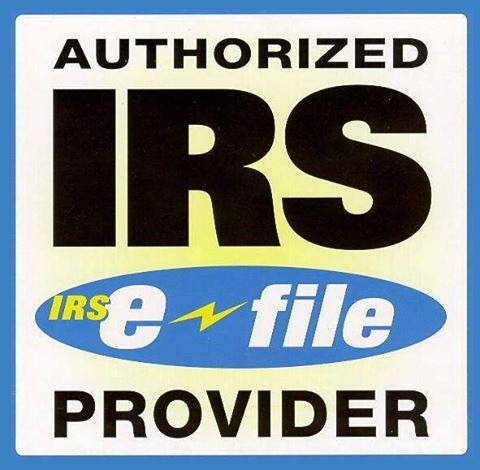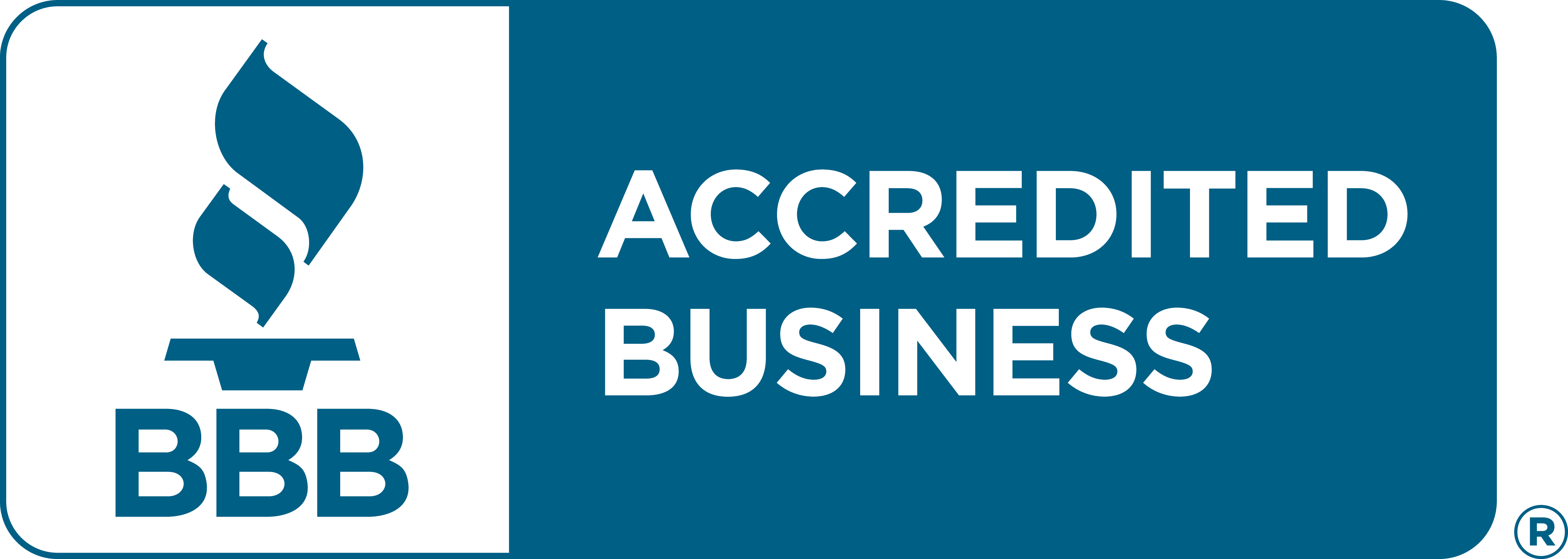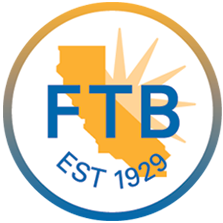New Hampshire State Filing Requirements
Nonprofits in New Hampshire must comply with specific state requirements to maintain their good standing and tax-exempt status.
Required Non-profit Forms
Non-profits in New Hampshire are required to complete several forms as part of their compliance obligations.
| Secretary of State Forms | Department of Justice Forms | Tax Forms | Federal Forms (Required for State Compliance) |
|---|---|---|---|
|
State Filing Requirements for Non-Profits
Nonprofit organizations in New Hampshire are regulated by the Secretary of State’s Corporation Division (corporate governance) and the Department of Justice’s Charitable Trusts Unit(charitable compliance).
- Initial Filing
File Articles of Agreement (Form NP-1) with the Secretary of State to establish legal existence. - Registered Agent
Every nonprofit must appoint a registered agent to receive legal notices. - Charitable Trust Registration
Nonprofits seeking 501(c)(3) status, soliciting donations, distributing funds in NH, or operating under RSA 7:21, II must register with the Charitable Trusts Unit using Form NHCT-11. - Business Enterprise Tax (BET)
Nonprofits with unrelated business activities may be subject to BET. - Annual Reporting
File Form NHCT-12 annually with the Charitable Trusts Unit, including required documentation and fees, to maintain good standing.

Tax Exemption Requirements
- No general state sales tax—sales tax exemption not applicable.
- Must obtain IRS 501(c)(3) exemption for state income tax recognition.
- Register with the New Hampshire Attorney General’s Charitable Trusts Unit.
- Annual financial reporting required based on revenue thresholds.
- Organizations soliciting funds must file a Charitable Organization Registration Statement.
Filing Deadlines for Non-Profit Forms
Adhering to filing deadlines is essential to avoid penalties and maintain compliance.
Below are the key deadlines for non-profit filings in New Hampshire:
| Secretary of State Deadlines | |
|---|---|
| Form NP-1 (Articles of Agreement for a Nonprofit Corporation) | Due upon establishment of the nonprofit |
| Form NP-3 NH Nonprofit Amendment | Needs to be filed with the New Hampshire Secretary of State as soon as the nonprofit amends its organizational documents, such as Articles of Incorporation. |
| Form NP-5 NH Nonprofit Dissolution | Filed after the nonprofit has formally voted to dissolve and completed the necessary steps to distribute assets and satisfy obligations. |
| Department of Justice Deadline | |
|---|---|
| Form NHCT-11 (Application for Registration) | Must be filed before beginning any solicitation activities in New Hampshire. For new organizations planning to apply for 501(c)(3) status, this should be filed within 30 days of incorporation. |
| Form NHCT-12: Annual Report | Due within 4 months and 15 days after the close of the organization's fiscal year. |
| Tax Forms Deadlines | |
|---|---|
| Business Enterprise Tax Return | 15th day of the 4th month following the end of the taxable period. |
| Federal Deadlines | |
|---|---|
| Form 990 Series | Due on the 15th day of the 5th month after the organization's accounting period ends Example: For calendar year organizations, Form 990 is due by May 15 |
| Form 1023/1023-EZ | Must be filed within 27 months of incorporation to receive retroactive exemption to the date of incorporation |
Registration & Annual Filing (Non-Profits)
To operate legally as a non-profit in New Hampshire, organizations must file the Articles of Agreement with the Secretary of the State and pay the $25 filing fee.
Initial Registration
- Choose Your Structure Select a legal structure—most nonprofits form as corporations.
- Pick a Name Choose a unique name that meets NH rules; check availability on the Secretary of State site.
- Appoint Directors Form a board with at least five unrelated individuals.
- Get an EIN Apply for an Employer Identification Number from the IRS.
- Write Bylaws Draft bylaws outlining how your nonprofit will operate.
- Hold Initial Meeting Meet with your board to adopt bylaws, elect officers, and begin operations.
- Apply for 501(c)(3) Status File IRS Form 1023 or 1023-EZ for federal tax exemption.
- Register with NH Charitable Trusts Unit File Form NHCT-11 with a $25 fee before soliciting donations; include bylaws, Articles, IRS letter, and board list.
Annual Filing Requirements
- File Annual Report with the CTU (Form NHCT-12):
- The annual report is due 4 months and 15 days after the end of your fiscal year.
- Include a copy of your IRS Form 990, 990-EZ, or 990-PF.
- Submit additional financial statements (GAAP or audited) if revenue thresholds are met.
- Maintain Compliance with IRS File the annual Form 990 series (990, 990-EZ, 990-N, or 990-PF) with the IRS.
- Renew Other Licenses/Permits Ensure any other specific state or local licenses or permits are current.
- Update RegistrationsReport any significant changes (e.g., address, registered agent, amendments to articles) to the appropriate agencies promptly.
- Stay Updated on Changes Laws and regulations can change. Regularly check the New Hampshire Department of Justice's Charitable Trusts Unit website and the Department of Revenue Administration website for updates.
Simplify Your Filing Process with TaxZerone
TaxZerone is the reliable choice for employers looking for accurate, efficient,
and compliant tax and information return filing.
Frequently Asked Questions
1. Do all nonprofits need to register with the Charitable Trusts Unit (CTU)?
2. What if my organization's revenue is very low? Do I still need to file Form NHCT-3?
3. Is a non-profit organization required to file the BET return?
4. How many directors are required for a New Hampshire nonprofit corporation?
5. What information becomes public when I file these forms?
This transparency requirement helps maintain public trust in charitable organizations but means sensitive information should be carefully considered before inclusion in filings.












